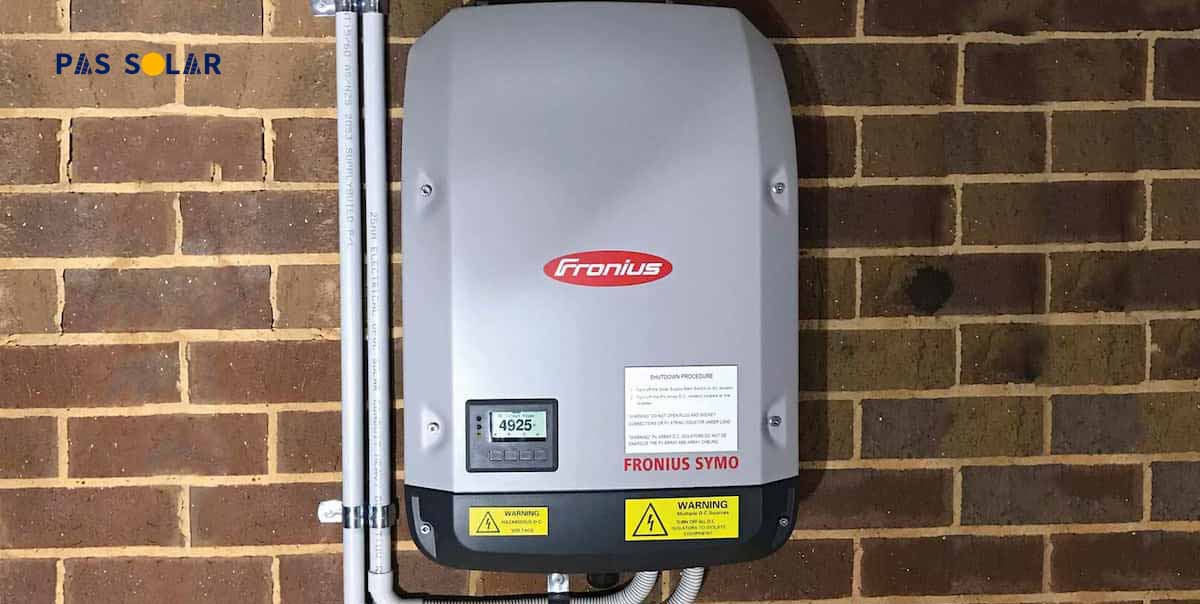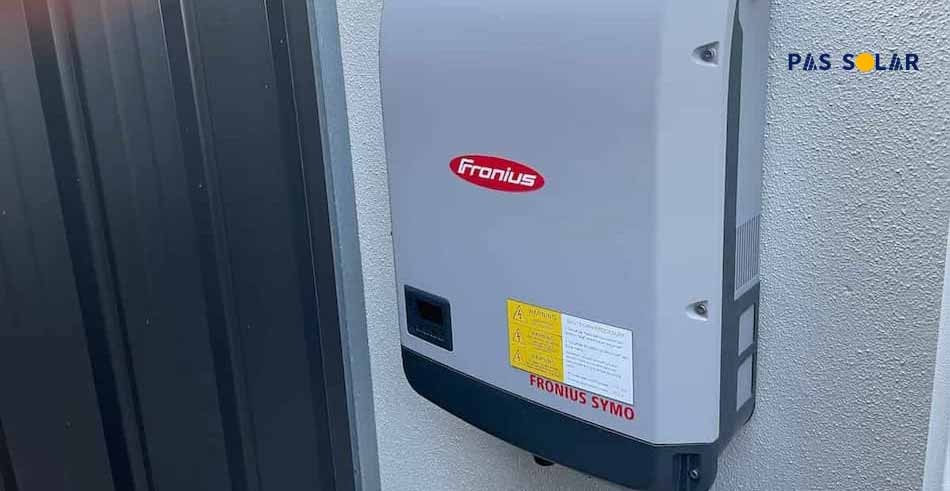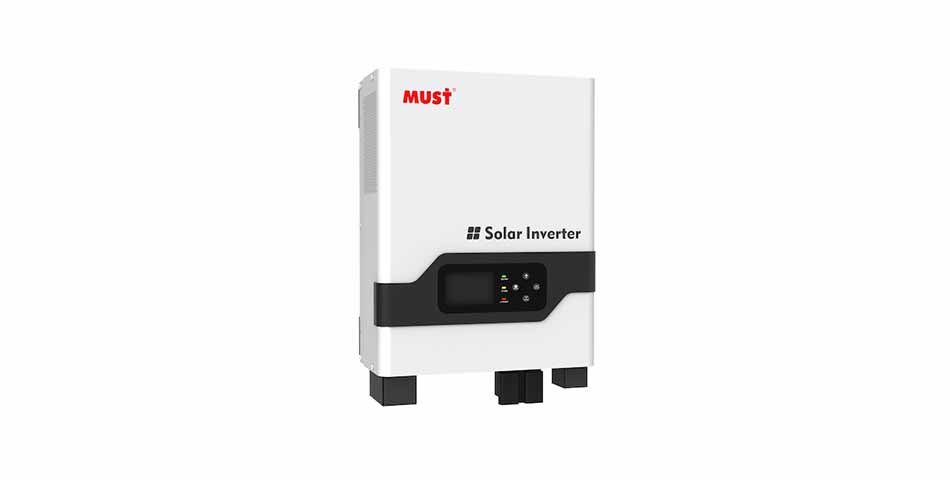Worried about your skyrocketing electric bills this summer? Switch to solar energy systems and benefit from the constant, sustainable, and endless energy of the sun. You can maximize value for money by going for a solar power system and becoming completely independent of the national grid by installing a solar inverter without grid.
Do you wonder what solar system we are talking about? Well, an off-grid solar system. This self-sufficient (stand-alone) system is ideal for areas without electrical grids or extended power outages. But how can solar inverter work without grid?
Components of an off-grid solar power system
Solar panels, an off-grid solar inverter, a mounting frame, a charge controller, and a battery bank are the main components of an off-grid solar system. The benefit of buying all these components is that you wouldn’t have to rely on the grid anymore, as you can install your solar inverter without the grid.
This article will take you through one of these vital components: the inverter. An off-grid inverter is usually called the brain of a solar PV system.
Do you want to know more details about an off-grid solar inverter? Dive in: we have a lot of information to share with you.
What is an off-grid solar inverter?
First things first, an off-grid solar inverter is a type of solar inverter without grid access. All solar panel suppliers in dubai produce Direct Current (DC), while household appliances run on Alternating Current (AC).
A solar inverter is a device that converts DC power to AC power so that consumers can use the electricity generated by the panels to run household appliances.
In an off-grid solar system that works independently, you don’t need to connect solar panels to a power grid. Basically, with the use of a hybrid solar inverter, no grid connection is needed. Rather, your off-grid inverter remains connected to a backup battery to store the solar energy generated during the day.
Solar panels harness enough energy during sunny hours. The battery system connected to the isolated inverter stores the excess charge. Supplies electricity to power all electrical appliances during night hours.
Off-grid inverters started as simple boxes concerned only with converting DC power to AC power. However, in recent times, they have undergone a lot of evolution to the point where now you can have a solar inverter without grid.
They have been developed to incorporate smart units, performing functions such as data monitoring, advanced utility controls, and more.
Do I have to connect my solar to the grid?
No. An off-grid solar inverter is a battery-based system, and what makes them interesting is that you can use a solar inverter without a grid. It is used to charge the battery and share the load.
When the sun is not available, such as during the evening hours, an off-grid solar inverter is used to power the load via a charged battery.
So, the two different working circumstances for an off-grid inverter are as explained below:
Case I: during the day: the energy that is not consumed continues to charge the battery.
Case II: overnight: the battery will power the loads and the power flow will be reversed. It means the current is now flowing from the battery to the inverter. Keeps the power supply on at night.
Off-Grid Solar Inverter Pros and Cons
An inverter manufactured by any solar panel inverters distributor in uae provide multiple key benefits, but it also has some drawbacks. You must weigh both.
Advantage
- An isolated inverter allows the abundant energy of the sun to be stored in a battery.
- During the night, it uses the stored energy to supply electricity to the house.
- An off-grid solar inverter makes you independent of grid power. It means that a power failure or blackout will not affect you in any way.
- You don’t have to pay electricity bills because your power system is no longer connected to the grid.
Cons
The following are the drawbacks of using an off-grid solar inverter:
— In case of insufficient sunlight, the battery may not be fully charged, and you may have electricity problems.
— This inverter can be expensive to purchase and install.
Features of an off-grid solar inverter
Off-grid solar inverters that have the following features are always better in the long run.
LCD: Helps homeowners understand their inverter functions, such as real-time power generation analysis, power consumption details, the reason for inverter problems, and battery charge status.
Mobile application: Allows you to access all the details of the LCD screen on your mobile phone. You can have your off-grid inverter managed and taken care of using a smartphone app and Wi-Fi connection.
Bypass switch: A bypass switch allows the use of electricity even if the inverter fails.
Conclusion
Although many homeowners install grid-tied solar systems, there are still rural setups where there is no electrical grid. These are the places that can get electricity using a solar inverter without grid. If you’re interested in having an off-grid solar energy system and need more details, do not hesitate to contact our solar equipment shop.





